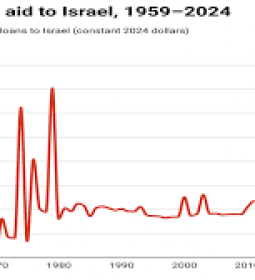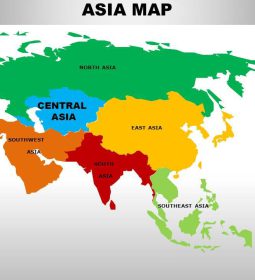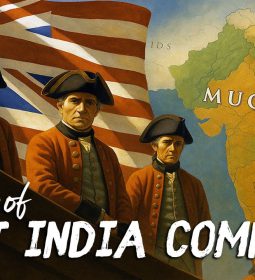A Trade war between South Korea and Japan again over high-tech products? Calls for boycott of Japan grow in South Korea as diplomatic row simmers

Joyce Lee
Calls in South Korea for a boycott of Japanese goods in response to Tokyo’s curbs on the export of high-tech material to South Korea picked up on Friday, as a dispute over compensation for forced wartime labor roiled ties between the U.S. allies.
It is the latest flashpoint in a relationship long over-shadowed by South Korean resentment of Japan’s 1910-1945 occupation of the Korean peninsula, in particular South Korean “comfort women”, a Japanese euphemism for women forced to work in Japanese military brothels before and during World War Two.
Japan apologized to the women as part of a 2015 deal and provided a 1 billion yen ($9.4 million) fund to help them.
Advocacy groups for the women have criticized the fund and South Korea dissolved it on Friday, despite Japan’s warnings that such action could damage ties.
“This is totally unacceptable for Japan. We’ve made stern representations to the South Korean side,” Deputy Chief Cabinet Secretary Yasutoshi Nishimura said in Tokyo.
The bitterness over the forced labor issue could disrupt global supplies of memory chips and smartphones.
Samsung Electronics Co and SK Hynix Inc – the world’s top memory chipmakers, and suppliers to Apple and China’s Huawei Technologies HWT.UL – could face delays if the curbs drag on.
“A boycott is the most immediate way for citizens to express their anger,” said Choi Gae-yeon of the activist group Movement for One Korea, that staged protests in front of a Japanese car showroom and a retailer in Seoul this week.
“Many people are angry at the attitude of the Japanese government,” she said.
BOYCOTT
The row over forced labor exploded last year when a South Korean court ordered Japan’s Nippon Steel & Sumitomo Metal Corp and Mitsubishi Heavy Industries Ltd to pay hundreds of thousands of dollars to South Korean plaintiffs.
Nearly 27,000 people had by Friday signed a petition posted on the South Korean presidential office website calling for a boycott of Japanese products and for tourists not to visit.
The government must respond to a petition that gets 200,000 signatures in a month.
Some Korean social media users posted “Boycott Japan” messages and shared a link to a list of Japanese brands that could be targeted, including Toyota Motor and Fast Retailing’s Uniqlo.
Toyota’s South Korean unit declined comment, and Fast Retailing’s South Korean unit did not have an immediate comment.
“Japan boycott movement” was among the most searched-for terms on South Korea’s main online search engine Naver.
A South Korean actor on Thursday deleted photographs he posted on social media of a visit he made to Japan after online criticism.
South Korea imported $54.6 billion worth of goods from Japan in 2018, and paid for $11.5 billion worth of its services.
South Korea exported $30.5 billion in goods and $8.7 billion in services to Japan in the same year, according to South Korean customs and central bank data.
Reporting by Joyce Lee; Additional reporting by Kiyoshi Takenaka in Tokyo and Hyunjoo Jin in Seoul; Editing by Robert Birsel and Darren Schuettler
- Previous Radical core of Hong Kong protesters who trashed city’s legislature were ‘prepared to die for their cause’
- Next Sri Lanka curbs Saudi influence after bombings
















